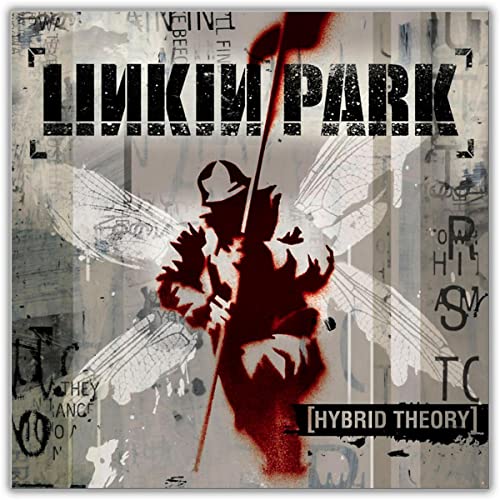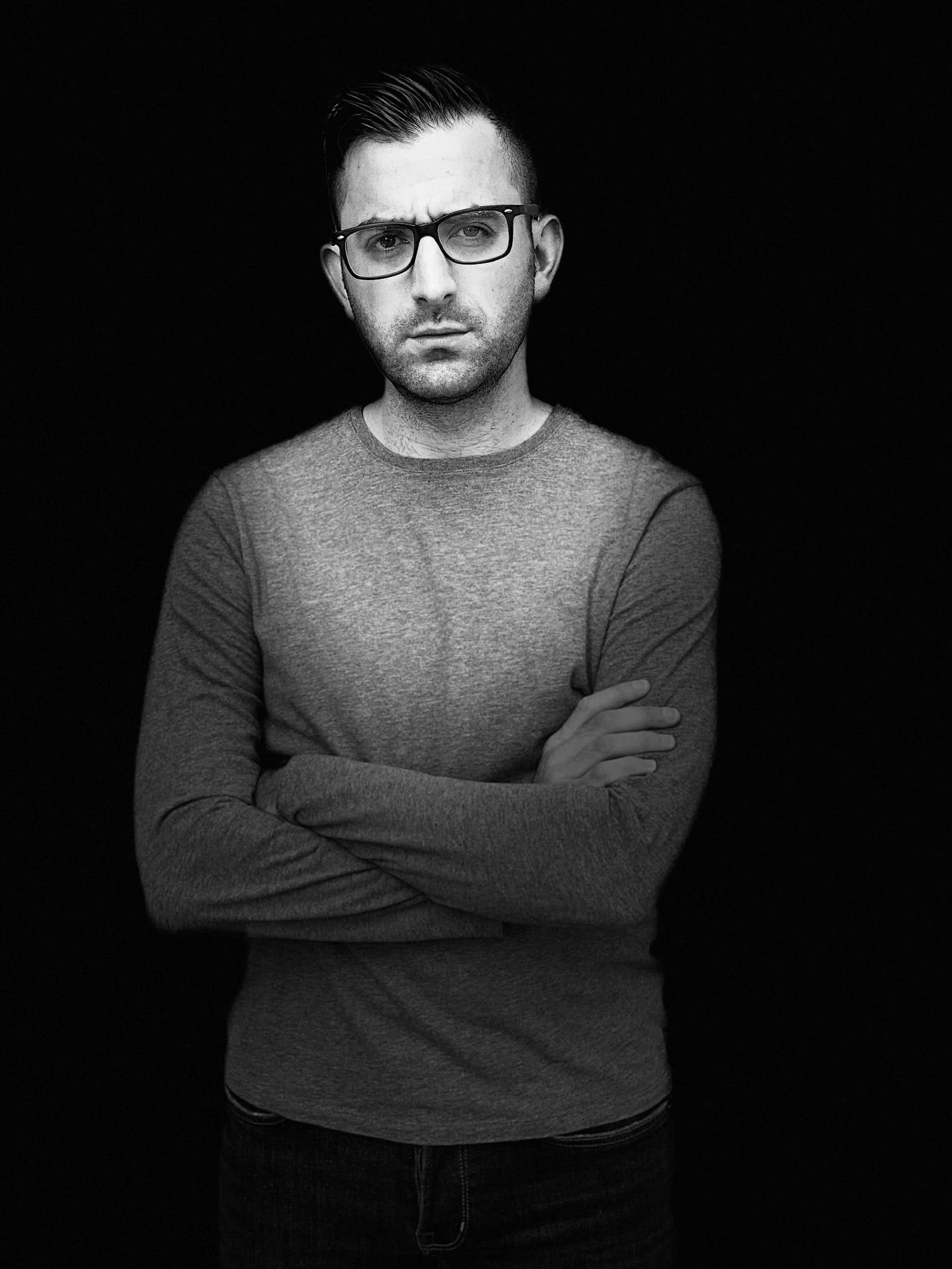Ahh, yes, the year 2000 (not to be confused with the old Conan O’ Brien sketch) Back in the days when Carlos Santana and Rob Thomas won the best Grammy for ‘Smooth,’ when Napster forever changed the way we consumed music, and N Sync and Britney Spears took turns battling for the top spot on MTV’s Total Request Live (pop prowess to which Eminem would later set his sights taking down partly with The Marshall Mathers LP ). Rock music had a plethora of successful albums; Deftones‘ much-acclaimed White Pony, debut albums from Disturbed and Mudvayne, and the nu-metal genre was still riding high with Papa Roach’s Infest and Limp Bizkit’s Chocolate Starfish and The Hot Dog Flavored Water. An album that sold over a million copies in its first week.
The genre of nu-metal bridging the gap between rock and rap music was still in full swing. One day, while watching MTV, I caught a glimpse of a video. A six-man band from California played their debut single, ‘One Step Closer,’ in an underground tunnel with smoke, fire, and ninjas. Who could ever forget the memorable part of the song where the late great Chester Bennington beckons, “shut up when I’m talking to you” as the quick cuts of DJ/programmer Joseph Hahn served as a callback. Hybrid Theory, the band’s debut album, which would eventually go diamond and supplant a long-lasting legacy that they would build upon in subsequent albums.
The band effortlessly integrated elements of rock, hip-hop, and electronic music. Its impact reverberates to this day because the themes expressed on the album coincided with the teenage years of the millennial generation. Ones of loss, disenchantment, and not feeling like you belong. Being a teenager is a very confusing time. There are changes within your body you don’t know how to respond to. Every emotion is amplified to an extreme. You were most likely entering high school where you’re trying to carve out a sense of who you are, but yet, you feel as though nobody understands you. The sky appears it’s falling often. That’s where music comes in for a slight reprieve.
Hybrid Theory as an album provided a space within a 54-minute container to live within and express those emotions. When lead vocalists Mike Shinoda and Bennington go back and forth in the hard-hitting bridge of ‘By Myself,’ it’s like two different emotional responses are echoing each other. Producer David Gilmore helped bring the band together on a confident debut which highlighted their strengths to help differentiate themselves from much of the nu-metal ilk. ‘Papercut,’ Hybrid Theory‘s opening track is a confident sample size of sounds to come throughout the album. Power chords from guitarist Brad Delson and percussion from Rob Bourdon add an extra punch to songs like ‘A Place For My Head’ and ‘Forgotten.’ ‘Points of Authority’ incorporates a hip-hop swagger within a sharp cutting guitar groove.
The partnership between Shinoda and Bennington is one of the centerpieces of the album. They both interweave powerful singing vocals and rap cadences like jenga pieces – energies that feed off each other. A song like ‘In The End,’ which starts with sober piano chords, an electric pattern, and then a bombastic collision of sounds meeting in the middle is acknowledging when a situation or person has let you down. ‘Crawling,’ one of the darker tones on the album has Bennington holding on to every note as he expresses his metaphoric visions with his battles of addiction.
Before the album makes its exit into the emotional “Pushing Me Away,’ ‘Cure For The Itch,’ an interlude by Hahn takes you into a beat cutting, serene experience. An interlude that would be duplicated with ‘Session’ on 2003’s Meteora. Hybrid Theory itself would be the subject of a very creative remix album two years later in Reanimation.
While it captures the sound that many bands in that day were trying to conceive, Hybrid Theory stands as a transformative work throughout time. Its layered sounds still sound fresh today, and the album’s transparency with songs like ‘Runaway’ and the bonus track, ‘My December,’ still hits as hard in the present day. When a band records an album, they are capturing an amalgamation of moments – whether personal or shared experiences. It’s fitting that the title of the album used to be one of the early names of the band itself. As we venture into more of a genre-less form of music, Linkin Park began their journey testing the boundaries 20 years ago, and the rest is history.













